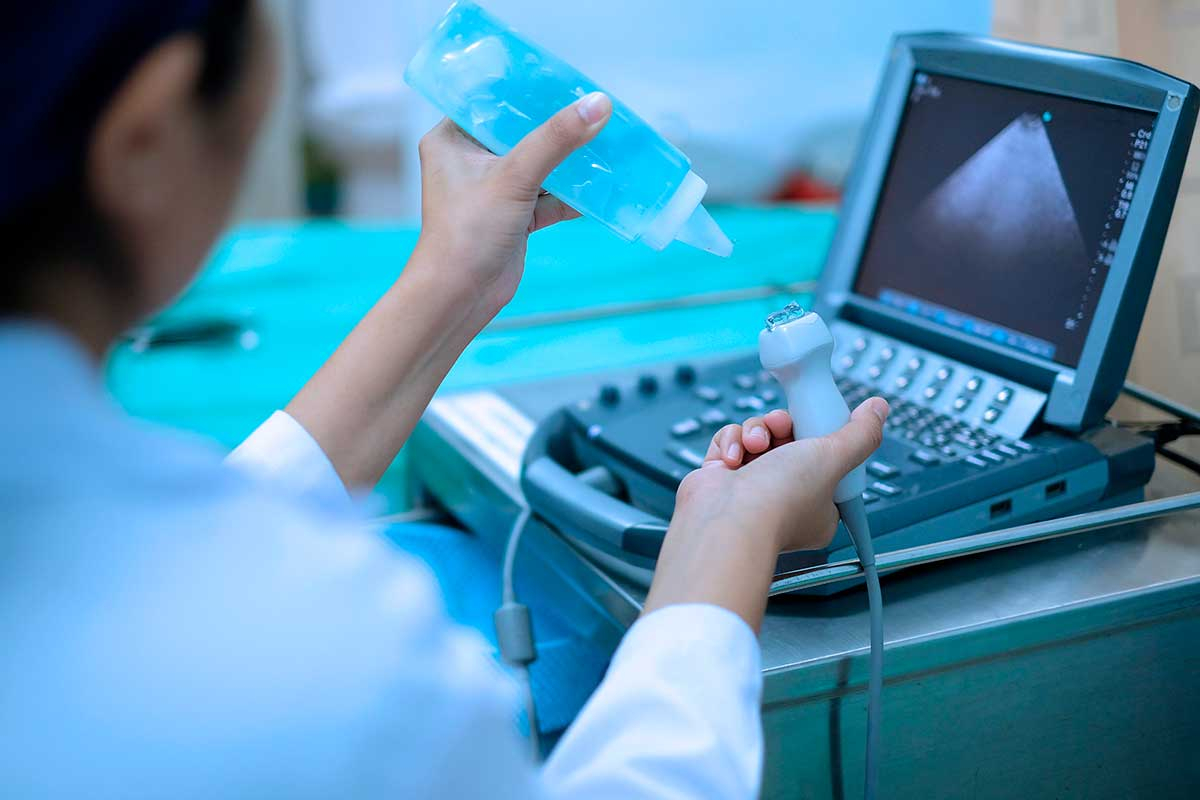Comprehensive Echocardiogram Services at Clinic Consultation in Surrey / BC
At Clinic Consultation, we provide state-of-the-art echocardiogram services in Surrey / BC, delivered by experienced professionals dedicated to your heart health. This vital diagnostic exam offers detailed insights into the structure and function of your heart, aiding in the diagnosis, monitoring, or prevention of cardiovascular conditions. Our team ensures personalized care and a seamless experience for every patient.
Choosing Clinic Consultation in Surrey / BC for your echocardiogram means opting for accuracy and professionalism. From scheduling your appointment to receiving your results, we prioritize your comfort and confidence. With advanced equipment and a welcoming environment, we are committed to making your exam as thorough and stress-free as possible.
If you’re in Surrey / BC and require an echocardiogram, Clinic Consultation is here to assist. Contact us today to schedule your exam and trust our dedicated specialists to support your cardiovascular health. Don’t delay—your heart deserves the best care!
An echocardiogram is a diagnostic imaging test that uses Ultrasound waves to create detailed, real-time images of the heart's structures and functions. It helps visualize the size, shape, and motion of the heart's walls, as well as valve performance and blood flow.
This test is widely used in cardiology due to its accuracy and safety, as it involves no radiation exposure. At Clinic Consultation, echocardiograms are performed by skilled professionals, ensuring accurate and reliable diagnoses.
What is an Echocardiogram Used For?
The echocardiogram is essential for diagnosing and monitoring various heart conditions. It assesses overall heart health, identifies diseases at early stages, and tracks the effectiveness of treatments or surgical interventions.
It can detect structural abnormalities, measure the heart's pumping efficiency, and monitor chronic conditions such as heart failure, offering invaluable insights into cardiovascular health.
How Does an Echocardiogram Work?
This non-invasive and painless procedure involves the patient lying down while a special gel is applied to the chest to improve ultrasound transmission. A transducer is then moved over the area to capture detailed heart images.
The sound waves emitted by the transducer are reflected by the heart's structures and converted into detailed images displayed on a monitor. The test typically takes 30 to 60 minutes, depending on the complexity of the case.
Types of Echocardiograms
- Transthoracic Echocardiogram (TTE): The most common type, performed by placing the transducer on the chest to examine overall heart function.
- Transesophageal Echocardiogram (TEE): The transducer is inserted into the esophagus for more detailed images in complex cases.
- Stress Echocardiogram: Conducted during physical exercise or with medication to evaluate the heart under stress.
- Doppler Echocardiogram: Measures blood flow and pressure in the heart chambers and arteries.
- 3D Echocardiogram: Provides three-dimensional images, useful for surgical planning.
- Fetal Echocardiogram: Examines a fetus's heart health during pregnancy.
- Contrast Echocardiogram: Uses a contrast agent to enhance visualization of certain heart areas.
Diseases Detectable by an Echocardiogram
- Heart Failure: Assesses the heart's pumping capacity.
- Valvular Diseases: Detects abnormalities in heart valves.
- Cardiomyopathies: Identifies changes in heart muscle structure.
- Congenital Heart Defects: Diagnoses structural issues present at birth.
- Cardiac Thrombi: Identifies blood clots in the heart.
- Pulmonary Hypertension: Measures pressure in pulmonary arteries.
- Pericardial Diseases: Detects inflammation or fluid around the heart.
When is an Echocardiogram Indicated?
- Heart Symptoms: Such as chest pain, shortness of breath, or palpitations.
- Monitoring Chronic Diseases: Like hypertension or heart failure.
- Post-Surgical Assessment: To evaluate surgical outcomes.
- Suspected Valvular Diseases: For examining valve function.
- Pre-Surgical Evaluations: As part of general surgery preparation.
- High-Risk Pregnancies: To monitor fetal heart health.
- Family History of Heart Diseases: As a preventive measure.
Pre and Post Echocardiogram Care
Before the exam, wearing comfortable clothing is recommended. For a transesophageal echocardiogram, fasting for a few hours may be necessary.
After the test, patients can usually resume their normal activities immediately unless sedation was used, in which case recovery time may be needed.
Contraindications for an Echocardiogram
A transthoracic echocardiogram has no significant contraindications. However, a transesophageal echocardiogram may not be suitable for patients with severe esophageal disorders or swallowing difficulties.
Alternatives for Those Unable to Undergo an Echocardiogram
If an echocardiogram isn't feasible, alternative tests like cardiac MRI or CT scans can provide valuable insights into heart health.
Schedule Your Echocardiogram at Clinic Consultation
At Clinic Consultation, we provide state-of-the-art technology and a team of highly trained professionals to conduct echocardiograms safely and accurately. Contact us today to book your exam and take a step toward better heart health.
